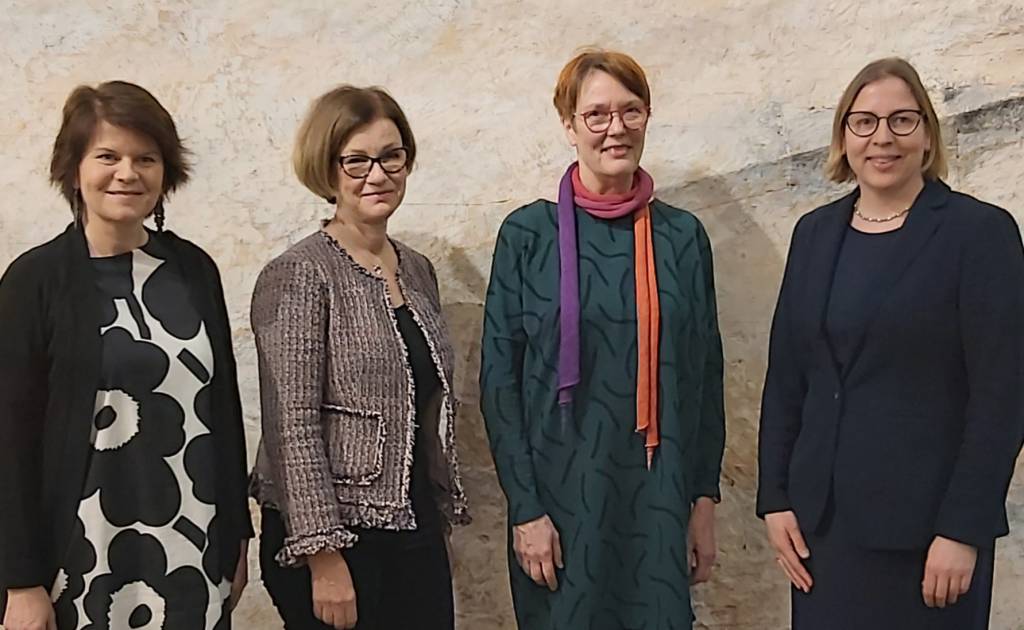Information produced by Supreme Audit Institutions (SAIs) can support decision-making to promote sustainable development. “Citizens want reliable information on how the EU contributes to sustainable development,” said Eva Lindström, a Member of the European Court of Auditors, when visiting Finland.
The EU is committed to the United Nations’ 2030 Agenda for Sustainable Development and to implementing its 17 sustainable development goals (SDGs) by 2030.
However, according to a review published by the European Court of Auditors (ECA) in June 2019, the European Commission does not report on how the EU budget or policies contribute to achieving the SDGs.
“The European Commission still lacks a strategy on sustainable development up to 2030, setting out the SDGs relevant for the EU,” said Eva Lindström, Member of the ECA, in a seminar held on sustainability reporting at the Finnish Parliament Annex. Lindström visited Helsinki at the invitation of the National Audit Office of Finland and the Parliamentary Audit Committee.
Sustainability reporting enables measuring organizational performance towards the sustainable development goals and promotes accountability to internal and external stakeholders through publication of the results.
According to Lindström, the EU has taken steps in the right direction and published a reflection paper outlining scenarios for a sustainable Europe. However, clear implementation plans are still missing.
“Information produced by Supreme Audit Institutions can support decision-making to promote sustainable development. People, i.e. the voters, want reliable information on how the EU promotes sustainable development,” said Lindström.
Outi Alanko-Kahiluoto, Chair of the Parliamentary Audit Committee, underlined that it is important to find ways to develop sustainability reporting in the EU in order to be able to assess the progress of the 2030 Agenda at the EU level.
“Audits can increase the credibility of sustainability reporting and strengthen the actions taken to promote sustainable development. Therefore, both the national and international audit institutions as well as parliamentary auditors have a role in enhancing sustainable development,” said Alanko-Kahiluoto.

Sami Pirkkala, Chief Specialist at the Prime Minister’s Office, brought a national perspective to sustainability reporting. According to him, EU-level target-setting is important in sustainability issues, as it largely determines the national target level of the Member States.
Pirkkala believes that the European Green Deal, launched by the new Commission, responds to many challenges that sustainable development is posing to the EU. In this sense, it can be considered as the EU’s long-term sustainable development strategy.
Vivi Niemenmaa, Deputy Director at the National Audit Office of Finland, emphasized, in turn, that sustainability should be integrated into the budget processes and performance reporting.
“The concept of sustainable development helps us to pay attention to intergenerational aspects and longer-term impacts,” said Niemenmaa.


